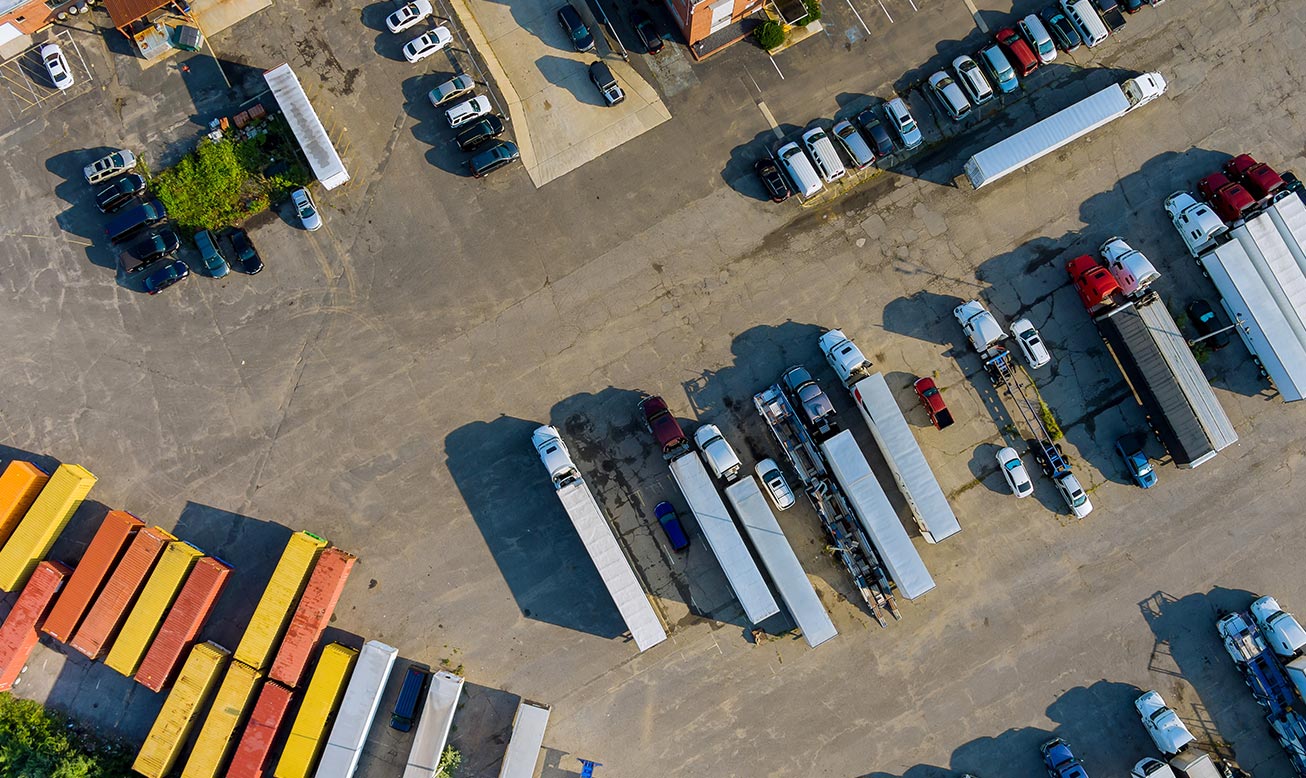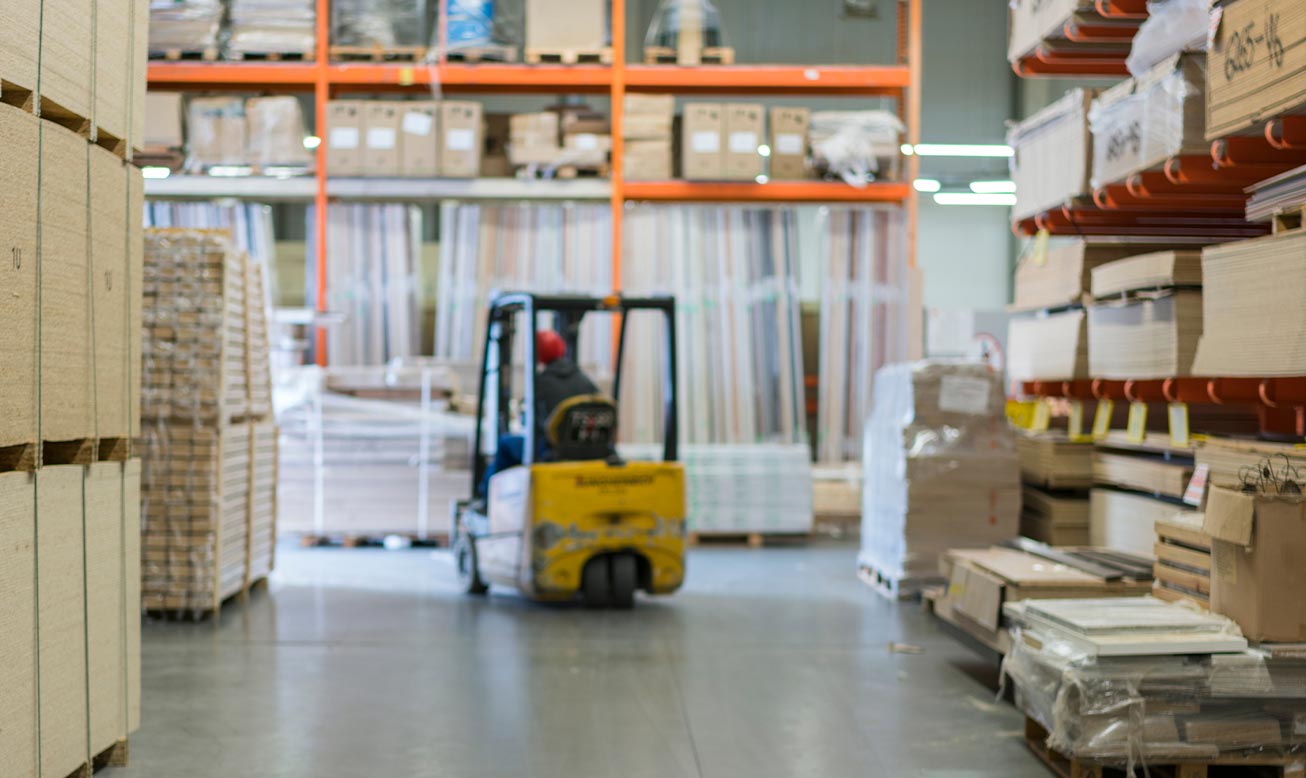September 16, 2025
Why Safe Delivery Practices Define Successful Logistics Operations
Ensuring safe delivery practices is the foundation of a successful logistics business. For companies that rely on trustworthy transportation partners, the confidence that freight will arrive intact, on schedule, and without complications is not merely a preference, but a necessity. In the B2B sector, especially, late or damaged shipments can disrupt production lines, delay product launches, or cause retailers to lose sales during critical periods.
At Last Mile Logistics, as a seasoned non-asset-based carrier, we have seen how safety delivery service determines whether a logistics strategy helps a company thrive or puts its reputation at risk. By utilizing strong carrier partnerships, advanced technology, and proven loss prevention methods, our model ensures clients receive not only flexibility but also the assurance of delivery safety across every shipment.
About Logistics Seasons
To provide consistently fast, safe delivery, logistics providers must account for the predictable fluctuations in shipping demand throughout the year. These logistics seasons are shaped by holidays, retail cycles, and industry-specific events. While activity increases at different times depending on the sector, the peak season, from October through December, remains the most intense for most industries.
During this stretch, demand spikes around Black Friday, Cyber Monday, and Christmas. For B2B clients, these months are critical because delayed or lost freight can directly affect their ability to stock shelves, fulfill contracts, and meet consumer expectations.
Unlike asset-based companies tied to fixed fleets and limited warehouse space, non-asset-based carriers can scale more effectively during these high-pressure months. By working with an experienced and approved network of partners, we can secure capacity, reroute freight in the event of disruptions, and ensure the delivery is safe even when demand strains the system.
Planning Ahead for Success
Peak season logistics requires detailed planning long before the first holiday package is shipped. The companies that succeed are the ones that treat preparation as a year-round strategy.
Some of the most effective steps include:
Capacity Planning – Reserving vehicles, drivers, and warehouse space ahead of the holiday surge helps avoid shortages. Non-asset-based carriers excel here because of access to a large pool of carriers and storage partners.
Inventory Forecasting – Using real-time data to anticipate customer demand prevents both shortages and costly overstocks.
Technology Integration – Advanced routing, GPS tracking, and electronic logging devices provide greater visibility into shipments, reducing delays and ensuring deliveries run smoothly.
Staffing and Training – Even temporary staff must be trained in proper handling and customer service so that delivery safety is never compromised.
Companies that prepare early for these seasonal challenges benefit from smoother operations, higher customer satisfaction, and fewer instances of lost or damaged freight.

The Core of Delivery Safety: Proven Practices
Logistics is not only about moving goods quickly; it is about ensuring that every shipment reaches its destination securely. That is why safe delivery practices are at the heart of everything we do.
Key measures that protect shipments include:
- Secure Packaging – Utilizing strong materials and proper cushioning minimizes the risk of damage during transit. This is particularly crucial for fragile or high-value goods.
- Clear Labeling – Packages with accurate information reduce delivery errors and speed up handling.
- Real-Time Tracking – Clients benefit from visibility into every stage of the transport process. This transparency builds trust and allows for faster response to potential issues.
- Contactless Options – For clients who require a delivery to a safe drop-off location, verified contactless protocols can reduce handling risks while still confirming proof of delivery.
Each of these practices reinforces a safety delivery service model that clients can depend on, no matter the shipment’s size or complexity.
Common Threats to Freight Safety and How We Prevent Them
Even the most carefully planned operation can face risks. Theft, fraud, double brokerage, and cargo damage continue to be ongoing challenges in the logistics industry. Our experience as a non-asset-based carrier enables us to identify and proactively address these risks.
Double Brokerage
When freight is illegally re-brokered without consent, shipments become vulnerable. To prevent this, we:
- Work only with vetted carriers and brokers with verified credentials.
- Use advanced freight management platforms that monitor the entire chain of custody.
Theft
Cargo theft peaks during the holiday season and at high-volume rest stops. We counter this with:
- GPS tracking and geofencing alerts.
- Careful selection of delivery safe places, stops, and rest areas.
- Trained drivers who understand how to recognize and respond to suspicious activity.
Cargo Damage
Improper handling and poorly maintained equipment can result in damaged freight. We reduce this risk by:
- Training staff on proper loading and unloading techniques.
- Conducting regular vehicle inspections and maintenance checks.
- Implementing strict packaging and quality-control protocols.
Fraud
Identity theft and false claims can drain resources and affect trust. To protect our clients, we:
- Verify customer and partner identities before booking shipments to ensure secure transactions.
- Monitor transactions for unusual activity patterns.
- Educate clients on recognizing and reporting fraudulent activity.
These combined efforts ensure that clients benefit from a comprehensive safety delivery service with minimal risk exposure.

Why Non-Asset-Based Carriers Excel at Delivery Safety
Companies often assume that asset-based carriers, because they own their trucks, offer better control over shipments. However, the opposite is usually true when it comes to delivery safety.
Non-asset-based carriers like us:
Offer Greater Flexibility – With a wide network of approved partners, we can adapt quickly to disruptions such as weather delays, capacity shortages, or route changes.
Provide Tailored Solutions – Every client’s needs are different. By not being tied to a fixed fleet, we can design transport plans that align with specific safety and timing requirements.
Focus on Loss Prevention – Because we do not invest in trucks or warehouses, we invest heavily in technology, risk management, and staff training. This prioritization results in safer shipments.
Strengthen Client Confidence – Transparency, real-time updates, and documented protocols give our B2B clients peace of mind that their freight will arrive through fast, safe delivery methods.
Building Trust Through Delivery Safety
At the end of the day, safe delivery practices are not an option; for us, they are a promise. Clients entrust us with their products, and we take that responsibility seriously. Whether the shipment involves raw materials headed to a factory or finished goods bound for retailers during peak season, our goal is the same: delivery safe, on time, and in full.
By combining industry expertise with a strong carrier network, our non-asset-based model ensures that businesses enjoy the benefits of flexible, reliable, and loss-prevention-focused service.
The logistics industry continues to evolve, but one constant remains: delivery safety is the foundation of customer trust and long-term growth. By prioritizing safe delivery practices, preparing carefully for peak season logistics, and maintaining strict controls against theft, damage, and fraud, companies can protect their supply chains while strengthening their reputations.
At Last Mile Logistics, we are proud to offer clients the peace of mind that comes with a dedicated safety delivery service. Our focus on proven strategies, transparency, and loss prevention ensures that businesses can rely on fast, safe delivery and consistent performance throughout every season.
When it comes to protecting freight, we do more than move goods; we safeguard relationships.

